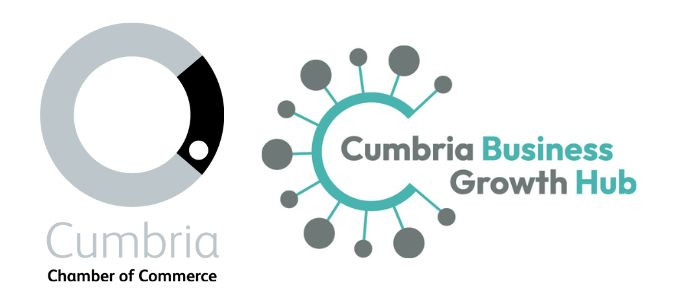 The Forum of Private Business is warning that despite the rise in the number of small businesses, not enough is being done by the Government to encourage business owners to take on new employees.
The Forum of Private Business is warning that despite the rise in the number of small businesses, not enough is being done by the Government to encourage business owners to take on new employees.
There are now 5.4 million businesses in the UK but the FPB has raised concerns about the high proportion of businesses that do not employ any staff.
UK SMEs are now responsible for 15.6 million jobs, up from 15.2 million last year. However, the latest figures also show that the number of unregistered businesses without any employees has risen to over three million and now represents around 56% of the business population.
According to the FPB, this is an issue for the UK economy as non-employers are less productive than employers - having a turnover per person of £53,000 compared to an SME employer figure of £135,900.
Ian Cass, md of the FPB, said: "An increased number of businesses, particularly those that have reached the VAT threshold, is great news as it shows the strength of the UK economy. However the lack of growth of businesses at each step of the economic cycle is poor, with Government bodies imposing cost and barriers on businesses rather than looking to solve them."
The Forum says many micro businesses find that it does not pay to employ more staff; the regulatory system, it says, inhibits growth as firms use freelancers rather than training and employing new staff. It highlights the example of hairdressers that find it cheaper and easier to take on a self-employed hairdresser rather than employ a trainee.
The UK needs a business infrastructure that rewards business owners who employ people, said Cass, "not one that demotivates them with new ways to shuffle paper. Getting more businesses to employ, export and grow quickly when the opportunities arise are crucial to creating a better living standard for all, not simply the business owners or their employees."
He said: "Successive governments have failed to answer the small employer's question of why can't it be simpler to employ and grow my business? We need a competitive and consistent marketplace to do business in."
